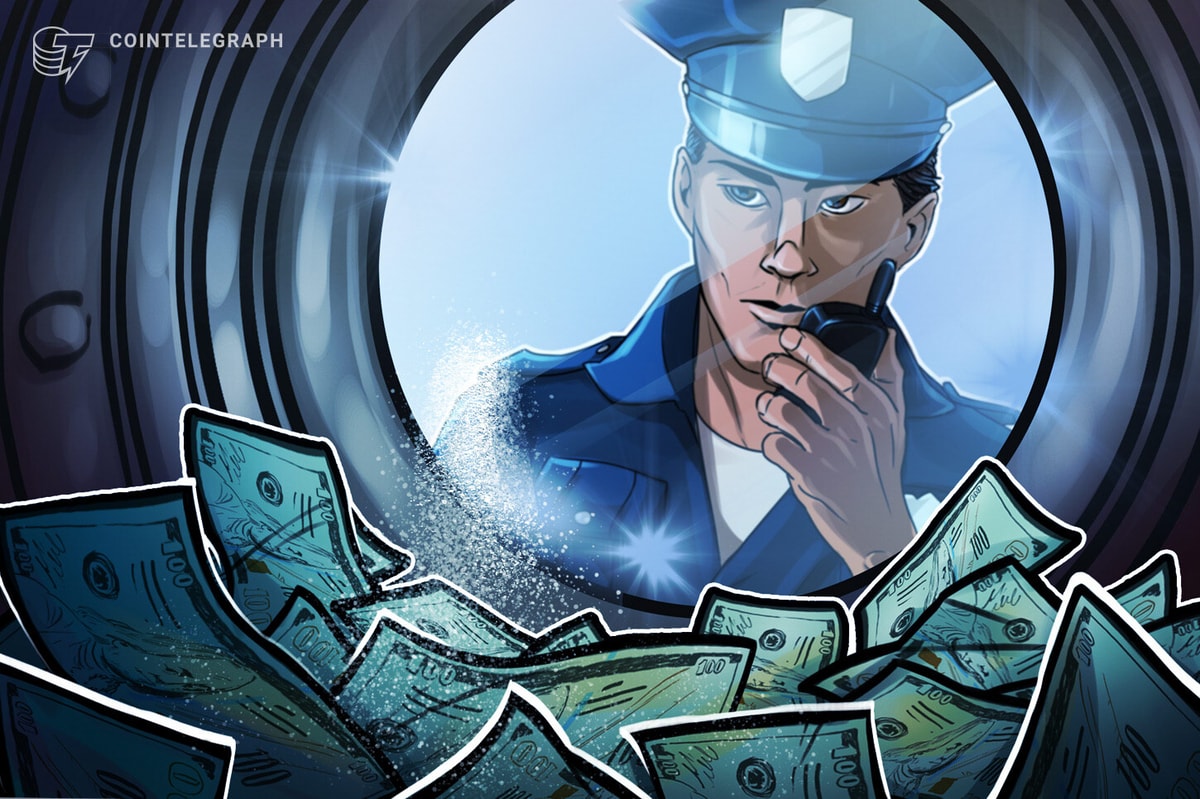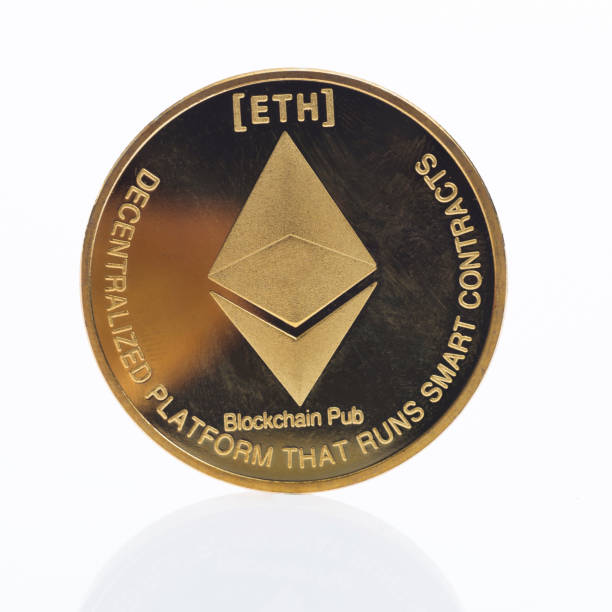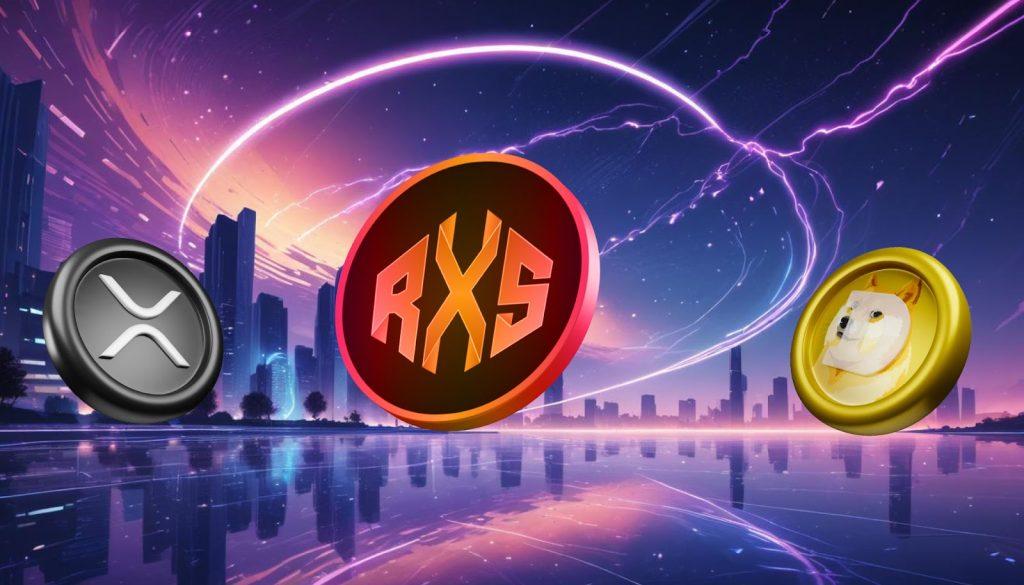Malaysia’s central bank has unveiled plans to explore blockchain and tokenization, but will not recognize digital assets as legal tender.
In its annual report, Bank Negara Malaysia (BNM) revealed that it’s working with the private sector to evaluate the benefits of tokenization and how it can best be integrated into the local financial system. This collaboration “will inform the approach Malaysia will be taking to capitalize on the benefits of tokenization while managing related risks,” the bank said.
The central bank views tokenized bank deposits as the best initial application. It says they would complement the upcoming wholesale central bank digital currency (CBDC) as on-chain settlement for faster and cheaper transactions. Since they are backed by actual deposits in commercial banks, tokenized deposits operate in a tightly regulated space and are a lower risk for regulators and consumers.
“As such, tokenized deposits allow commercial bank money to benefit from programmability and atomic settlement, while preserving the trust in the existing financial system,” BNM said.
Beyond deposits, Malaysia’s private sector has been exploring tokenization for the past few years. Last year, a local firm tokenized $23 million worth of real estate in the first major project of its kind.
While it’s optimistic about the potential of tokenization, BNM acknowledged the risks and says it’s moving cautiously.
“We want to ensure that we provide the right platform for it to happen [and] have the appropriate guidelines and safeguards in place to support its development while ensuring a secure environment where consumers are protected,” stated Governor Abdul Rasheed Ghaffour.
It has partnered with the Securities Commission Malaysia to oversee the sector and will publish a discussion paper on tokenization later this year to guide the industry.
BNM is also exploring blockchain beyond tokenization, the governor added.
“At BNM, we want to ensure accessibility is maintained while safeguarding consumer protection as we promote innovation. We have been working with global regulators to explore blockchain technology,” he told local media.
BNM’s blockchain exploration extends to a wholesale CBDC, which it has been working on for years. Like most central banks, BNM believes that a retail CBDC poses too much risk for now, and its demand is low. Wholesale CBDCs, on the other hand, can eliminate friction in the movement of money between financial institutions. The government also uses blockchain to fight graft and for digital identity to curb fraud.
Malaysians have also taken to digital assets; last year, they traded over $3 billion, more than twice the total from 2023. However, BNM will not recognize them as legal tender, but will continue to monitor the space “to ensure that monetary and financial stability risks are contained and the integrity in the financial system is preserved.”
PwC Italy building blockchain-powered EU ID
In Italy, the country’s division of global consulting giant PricewaterhouseCoopers (PwC) is building a digital identity product for the European Union powered by blockchain technology.
PwC Italy is working on the project with SKChain Advisors, a London-based blockchain consultancy. The two will deploy the new product on World Mobile Chain, a specialized telecoms-focused blockchain network.
The new digital ID will allow the 450 million EU residents to access digital platforms while securing their identities on-chain, including access to Web3 platforms.
“Digital Identity will be pivotal in revolutionising how we secure and authenticate personal information. As the digital landscape evolves, responsible innovation will be crucial for widespread adoption, ensuring both privacy protection and seamless user experience while utilising blockchain technology to raise data transparency,” PwC Italia’s Marco Folcia commented.
The rise of digital identity was accelerated in the EU last year by introducing eIDAS 2.0, which updated the region’s electronic identification laws, encompassing digital signatures, website authentication, timestamps and more. Its most important aspect was the introduction of the European Digital Identity (EUDI) wallet. The law mandates all EU member nations to implement at least one official EUDI wallet by mid-next year.
Beyond the EU, dozens of other countries are rapidly implementing digital IDs to offer better identity verification for their citizens. The Philippines recently revealed that it has issued digital IDs to 84 million citizens, while Pakistan, Brunei, South Africa, Nigeria, and Turkey recently revamped their digital ID initiatives. Some, like South Korea, are implementing their digital IDs on the blockchain for enhanced security.
Watch: Tokenized was built with blood, sweat and tears
















 English (US) ·
English (US) ·